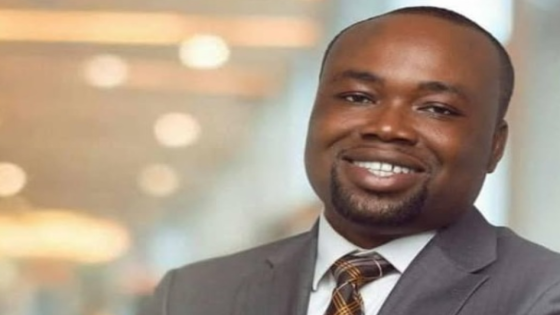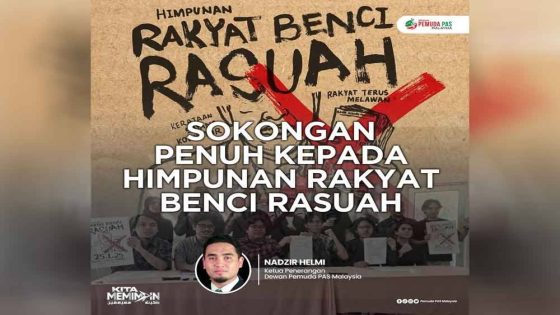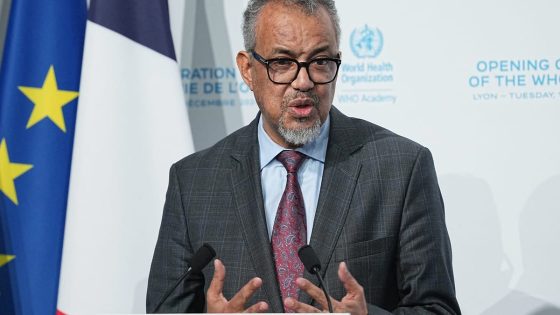The recent conviction of Akwatia MP Ernest Yaw Kumi for contempt of court has sparked controversy. On February 19, the Minority in Parliament expressed dissatisfaction with the Koforidua High Court’s decision, claiming he was treated unfairly. How will this impact the political landscape in Ghana?
- Minority unhappy with court's decision
- Ernest Yaw Kumi convicted for contempt
- Injunction barred Kumi from being sworn in
- Minority Leader calls the ruling unfair
- Legal steps to support Kumi planned
- Full position pending lawyer briefing
Controversy Surrounds Koforidua Court’s Decision on MP Ernest Kumi
Why is the conviction of Ernest Kumi stirring up such strong reactions? The Koforidua High Court ruled that Kumi violated an injunction by taking his oath as an MP despite being barred from doing so. This has raised questions about the fairness of the judicial process in Ghana.
Minority Leader’s Response to the Court’s Ruling on Kumi
Minority Leader Alexander Afenyo-Markin has publicly condemned the court’s ruling. He stated that the Minority would take necessary legal steps to support Kumi. This situation raises concerns about judicial independence and political influence in Ghana.
Key Points from the Minority’s Reaction
The Minority’s stance on Kumi’s conviction includes several critical points:
- They believe the court’s decision is unjust.
- They are committed to providing legal support for Kumi.
- They plan to review the court’s ruling thoroughly.
- They emphasize the importance of fair treatment under the law.
Implications for Ghana’s Political Climate
This incident could have broader implications for Ghana’s political environment. If the judiciary is viewed as biased, it may undermine public trust in the legal system. Political leaders and citizens alike are watching closely to see how this situation unfolds.
International Observations on Ghana’s Judicial System
International observers may take an interest in this case, especially regarding human rights and judicial fairness. The way Ghana handles this controversy could influence its reputation on the global stage.
The conviction of Ernest Kumi is more than just a legal issue; it raises fundamental questions about justice and fairness in Ghana. As the Minority prepares to respond, the eyes of the nation—and the world—are on them.



























![Binance Coin [BNB] Price Surge Ahead: Crucial Levels to Monitor Amid Market Shifts](https://news.faharas.net/wp-content/uploads/2025/02/Binance-Coin-BNB-Price-Surge-Ahead-Crucial-Levels-to-Monitor.webp.webp)


